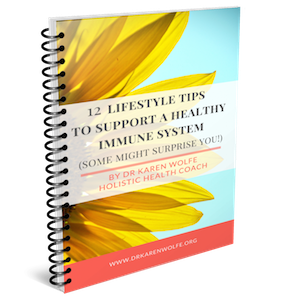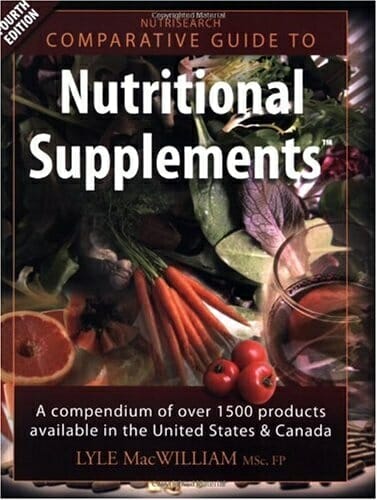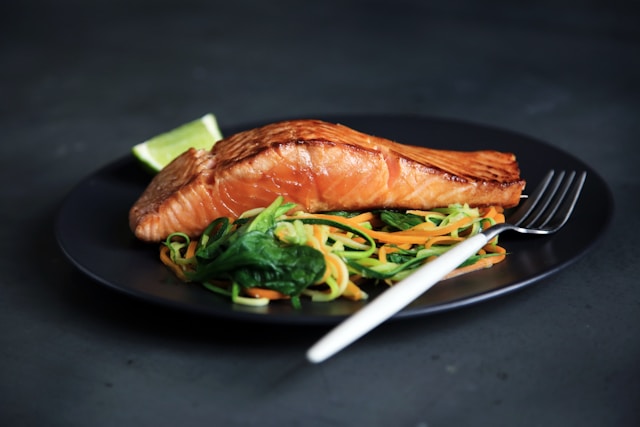 Supplements to Protect Your Health NOW is about supporting your immune system BEFORE you get sick!
Supplements to Protect Your Health NOW is about supporting your immune system BEFORE you get sick!
These recommendations come from Dr. Michael Murray, who also reminds us that attitude, lifestyle, and diet are also critical factors to employ in building immune health.
Don’t gamble that you are getting everything that you need in your diet. As healthful as I eat, dietary supplements every day as a nutritional insurance policy,
What does a supplement program designed to support your immune system look like?
Be proactive, protect yourself, and feed your immune system the support it needs.
During this particular challenge we are facing, I think the following is the minimum:
- A pharmaceutical grade multi vitamin and mineral. CLICK HERE for the ones I recommend
- Vitamin D – 2,000-4,000 IU per day CLICK HERE for my preferred brand
- Vitamin C – 500 mg twice per day
- Zinc – 20 to 30 mg per day for men and 15 to 20 mg per day for women.
- Selenium – 100 to 200 mcg per day
- Quercetin
- N-Acetylcysteine – 600 mg twice per day.
- Melatonin: 3 to 5 mg at night
- Probiotic Daily CLICK HERE for my preferred brand
Many people have asked me for a list like this as it can be confusing what actually supports the immune system and what does not.
 IMMUNE SYSTEM SUPPORT
IMMUNE SYSTEM SUPPORT
While bolstering your immunity is easier said than done, several dietary and lifestyle changes may strengthen your body’s natural defense
- Get enough sleep. Inadequate sleep may increase your risk of getting sick. Most adults should get at least 7 hours of sleep per night.
- Eat more whole plant foods. Several whole plant foods contain antioxidants, fiber, and vitamin C, all of which may lower your susceptibility to illness.
- Eat more healthy fats. Healthy fats like olive oil and omega-3s are highly anti-inflammatory. Since chronic inflammation can suppress your immune system, these fats may naturally combat illnesses.
- Eat more fermented foods or take a probiotic supplement. Gut health and immunity are deeply interconnected. Fermented foods and probiotics may bolster your immune system by helping it identify and target harmful pathogens
- Limit added sugars. Added sugars contribute significantly to obesity, type 2 diabetes, and heart disease, all of which can suppress your immune system. Lowering your sugar intake may decrease inflammation and your risk of these conditions.
- Engage in moderate exercise. Moderate exercise can reduce inflammation and promote the healthy turnover of immune cells
- Stay hydrated. Given that dehydration can make you more susceptible to illness, be sure you’re drinking plenty of water each day.
- Manage your stress levels. Lowering your stress levels through meditation, yoga, exercise, and other practices can help keep your immune system functioning properly
IN A NUTSHELL
You can make several lifestyle and dietary changes today to support your immune system.
These include reducing your sugar intake, staying hydrated, working out regularly, getting adequate sleep, and managing your stress levels.
Although none of these suggestions can prevent COVID-19, they may reinforce your body’s defenses.
 FREE EBOOK
FREE EBOOK
Using diet and lifestyle modification, you can support your immune system and create a strong, resilient internal environment. If you care about your health, you’ll want to nurture this important protection system.
Supporting your immune system and keeping the fire stoked is a big step towards optimal health. Taking the key steps to protect and promote your immune system is as important as it gets when it comes to your health and longevity.
Get my FREE EBOOK HERE titled Top 12 Lifestyle Tips to Support A Healthy Immune System (SOME MIGHT SURPRISE YOU!)
An important note
No supplement, diet, or lifestyle modification — aside from physical distancing, also known as social distancing, and practicing proper hygiene — can protect you from developing COVID-19. The strategies outlined may support your immune health, but they don’t protect specifically against COVID-19.




























